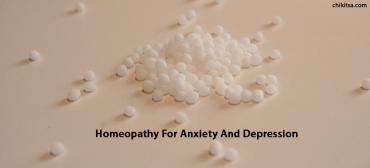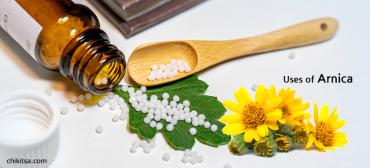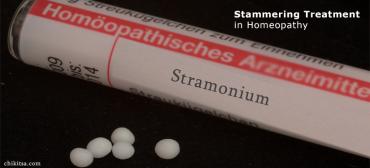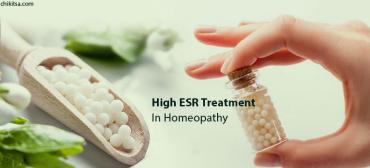Homeopathic Medicine For Prostate Inflammation
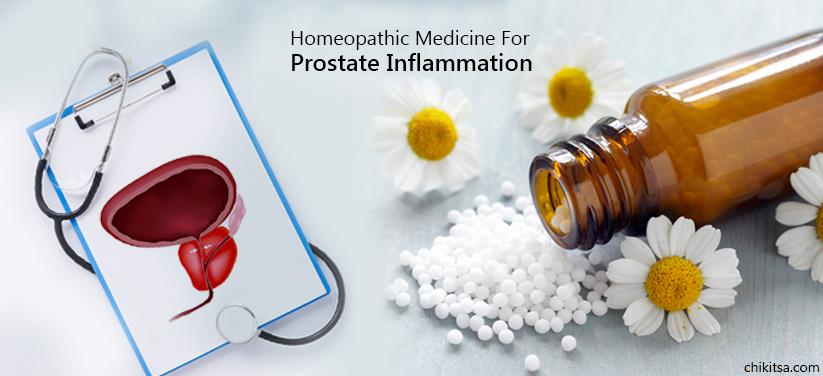
The prostate is a small, walnut-shaped gland found exclusively in males, located below the bladder and surrounding the urethra. The prostate gland secretes a fluid that forms a part of the semen via which sperms are transported. The prostate gland tends to enlarge with advancing age in men. Due to this, men may face bladder troubles as the prostate gland enlarges.
What is Prostate Inflammation?
Inflammation of the prostate is called prostatitis. It is swelling and soreness of the prostate gland which may be as a result of bladder infection.
Inflammation of prostate can be acute, chronic or asymptomatic depending upon the duration of presurgery I – acute bacterial prostatitis associated with symptoms of severe prostate inflammation, systemic infection and acute bacterial urinary tract infection commonly caused by the bacteria E.coli
- Category II – Chronic bacterial prostatitis caused by chronic bacterial infection of the prostate with or without symptoms of prostate inflammation or associated with recurrent urinary tract infections caused by the same strain of bacteria
- Category III – Chronic prostate inflammation or a chronic pelvic pain syndrome characterized by symptoms of chronic pelvic pain and symptoms of difficulty in voiding urine in the absence of urinary tract infection
- Category IV – Asymptomatic inflammatory prostatitis characterized by inflammation of the prostate in the absence of genitor-urinary tract symptoms.
Signs and Symptoms of Prostate Inflammation
Signs and symptoms of prostate inflammation depend entirely upon the underlying cause. The following signs and symptoms may be present in men with prostate inflammation:
- Fever with chills or flu-like symptoms especially in acute bacterial prostatitis
- Increased frequency and urge to urinate, often soon after going to the toilet
- Feeling as if the bladder is not empty even after going to the toilet
- Pain or burning while passing urine
- Passing of blood in the urine
- Pain in the pelvic region, pain in rectum or groin or in the lower abdominal area
- Unusual discharge from the urethra
- Trouble in initiating the flow of urine or slow stream of urine once started
- Leaking of urine in between toilet visits
- Painful or difficult ejaculation
Homeopathic Medicines For Prostate Inflammation
- Homeopathy is a science which beliefs in the principle of “like cures likeâ€, that is disease producing powers of a remedy are its disease curing powers.
- Unlike conventional allopathic prescriptions, homeopathic remedies for prostate inflammation are prescribed based on the individual totality of symptoms received from an elaborate case taking. The homeopathic remedies so selected, suit to an individual case and cannot be used empirically for all cases of prostate inflammation.
- Therefore, it is safe to say that in Homoeopathy, each case of prostate inflammation receives a tailor-made approach based on the concept of individuality.
- Several research works have also been conducted which support the effectiveness of homeopathic medicines not just in cases of acute or chronic prostatitis, but also for other prostatic troubles such as benign enlargement of the prostate and even cancer of prostate.
- The table below will give a brief description of commonly used homeopathic medicines for prostate inflammation along with contents and indications for their use:
| Sr. No. | Homeopathic Medicine | Indications |
| 1. | Chimaphila (Pipsissewa) | This remedy has a specific action upon kidneys and the genitor-urinary tract. Useful for both acute and chronic inflammation of the prostate and enlarged prostate. Burning pain in the urethra. Enlargement and irritation of the prostate with loss of prostatic fluid. Ball like stringy mucous discharge while urinating. Can pass urine only when standing with legs apart and bending forwards. |
| 2. | Copaiva (Balsam of copaiva) | This remedy is indicated for acute inflammation of the prostate or the genitor-urinary tract. The sensation of pressure in the bladder. Retention of urine in the bladder with frequent desire to urinate. Painful urination-urine passes drop by drop. |
| 3. | Pulsatilla (Wind flower) | Used for acute inflammation of the prostate gland. Severe pain while urinating. Increased desire and frequency for urination especially when lying down. The patient complains of burning pain at urethra during and after urination. |
| 4. | Sabal Serrulata (Saw palmetto) | This remedy is frequently used for complaints of prostate inflammation and enlargement of the prostate. This remedy has acts particularly well on the prostatic part of the urethra. Enlarged prostate and prostatic troubles with the discharge of prostatic fluid and painful or impossible ejaculation. This is also a frequently used homeopathic medicine for prostate cancer. |
| 5. | Staphysagria (Stavescare) | Genitor-urinary complaints from sexual excesses. Prostatic troubles with burning and increased frequency of urination. Burning in urethra even when not urinating. This remedy is widely used for cancer of prostate. |
| 6. | Thuja Occidentalis (Arbor vitae) | Used for chronic inflammation and enlargement of the prostate. Pain and burning at the bladder felt at the bladder of the neck with an increased desire to urinate. Urine stream spilled and small. Severe pain after urination. |
| 7. | Kali Bichromicum (Bichromate of potassium) | Constricting pain at root of the penis at night. Burning sensation in urethra. After urinating, a drop seems to remain which cannot be expelled. Urine contains epithelial cells, mucous, pus or blood. Needle-like or drawing pain which extends from the prostate into the penis. Pain aggravated by walking must stand for relief. |
| 8. | Apis Mellifica (The honey bee) | This remedy is useful for acute inflammatory conditions of the genitor-urinary tract. Complaints of burning and soreness of urethra while passing urine. Urine loaded with casts. Frequent desire to urinate with the involuntary passage of urine. Scanty, high colored urine. Last few drops cause intense burning and smarting. |
The table above simply gives a brief idea about the role of homeopathy in the management of cases presenting with inflammation of the prostate. There are more than 50 homeopathic medicines which can be used for the treatment of prostatitis solely based upon the concept of individuality.
Since there is such a wide range of homeopathic medicines available only for inflammation of the prostate, it is important to consult a right homeopathic doctor if you notice signs and symptoms of prostatitis in order to receive appropriate tailor-made treatment for your particular case.


